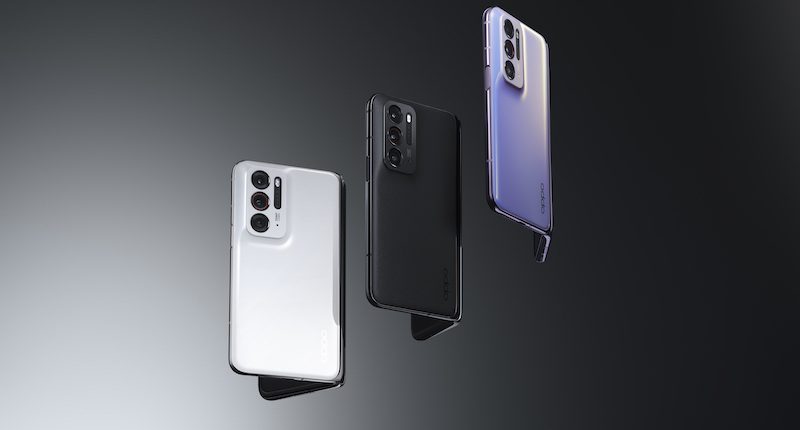Amidst a fall in shipments and subsequent demand in the global markets, Chinese smartphone maker Oppo decided to shut down Zeku, its chip design subsidiary. In a move that comes as a surprise to its employees, the Chinese company attributed the reasons behind its decision to the challenging smartphone market, decline in shipments, and uncertainties in the gloomy economy. Zeku’s employees received less than a day’s notice.
What is interesting is that it comes barely two weeks after Zeku was looking to recruit new blood by publishing ads looking for new workers. The vacancies for jobs spanned across dozens of positions including for a chip architecture engineer, chip verification and software coders at locations in Shanghai, Beijing, Chengdu, and Xian. For those who missed it, the four-year-old Zeku was tasked with developing semiconductor technology and designs for use in Oppo’s smartphones and other devices. The subsidiary was also part of Oppo’s larger strategy to reduce its reliance on foreign technology providers and become more self-sufficient in the semiconductor industry, and its Shanghai unit had almost 200 patents.
The move is seen as a significant setback for Oppo’s ambitions to establish its own semiconductor supply chain and reduce its reliance on foreign chip makers. Furthermore, its sudden closer serves as a reminder that building a semiconductor ecosystem from scratch is a challenging and costly endeavor that requires significant investment, technical expertise, and a long-term perspective. While the government has encouraged investment in the sector, the sudden closure of a major subsidiary like Zeku highlights the risks associated with such efforts, particularly in a fast-moving and highly competitive industry like semiconductors. In fact, out of 3,243 fabless chip firms in China last year, only 566 had sales above 100 million yuan ($14.4 million), according to Wei Shaojun, president of integrated circuit design at the China Semiconductor Industry Association (CSIA).
Many Chinese firms have embarked on similar journeys, but few have achieved significant success. Huawei, for example, has heavily invested in chip design, and had HiSilicon, which was a semiconductor company based in Shenzhen which designed all of its core chips for smartphone and telecom equipment. Later, a crackdown by the U.S. government restricted its access to more advanced chip production tech. Today, only a handful of tech titans – Apple and Samsung among them – have their in-house productions for chips.
Oppo explained its decision to cut its once-promising chip team in a statement issued today: “Due to the uncertainties in the global economy and the smartphone industry, we have to make difficult adjustments for long-term development. Therefore, the company has decided to cease the operation of Zeku,” Oppo said in an official statement, calling it a “difficult decision.” The decision comes as a surprise to both the smartphone giant’s employees and industry experts, especially as tensions between Washington and Beijing show no signs of abetting.
Speaking of weak demand and the uncertain global economy, Oppo saw its total shipments for the first quarter of the year drop by 8%, ensuring that it finished the quarter as the fourth-largest smartphone vendor in the world. The global shipments of smartphones dropped by 13% to 269.8 million units during the same period, while vendors such as Samsung, Xiaomi, and Vivo clocked steep annual declines in their shipments for Q1 2023.





